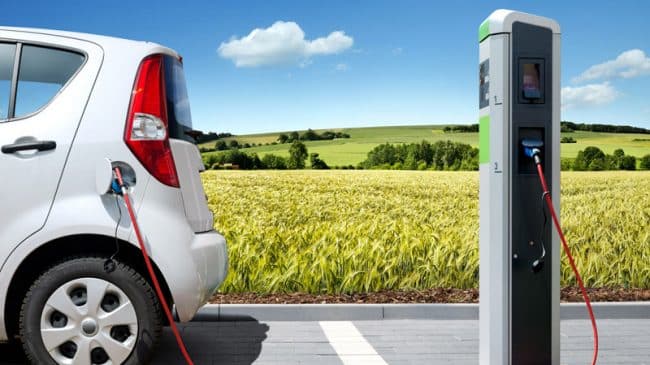Installing electric vehicle car-charging stations in Atlanta may sound like a good way to invest in the future, but using tax money to support the preferences of a small number of Georgia’s higher-income drivers is bad public policy.
The main argument in favor of installing electric charging stations – electric cars are better for the environment than gasoline-powered cars – falls apart on closer examination.
Since Georgia relies on coal-burning power plants to generate most of its electricity, electric cars are actually responsible for more greenhouse gas emissions per mile driven than mainstream hybrid cars, and are no better for the environment than comparable traditional vehicles. The hybrid Toyota Prius produces less carbon dioxide than the plug-in Nissan Leaf. The highly subsidized Chevrolet Volt in electric mode produces just as much carbon dioxide as it does when it operates in gas mode. Further, lithium batteries that power electric cars are particularly bad for the environment.
The installation of electric-car charging stations is also unfair, as it involves redistributing wealth from the poor to the rich. The numbers speak for themselves. The average income of an electric Chevrolet Volt owner is $170,000 per year. Only Mercedes-Benz owners earn more. Why should taxpayers foot the bill for a policy that will mostly benefit the richest in society?
Then there’s the issue of consumer demand. Despite a $7,500 federal subsidy for buyers (and up to a $7,500 state income tax credit for Georgia buyers), Chevrolet sold only 23,000 electric-powered Volts in 2012. The automaker sold more than 10 times as many Chevrolet Cruzes, the company’s gas-powered sister vehicle. By contrast, Ford sells 58,000 F-Series trucks a month. Yet the city of Atlanta wants to install 300 charging stations when there are fewer than 35,000 electric vehicles sold annually nationwide. This defies all logic.
Why, then, is the city of Atlanta pushing this program? Perhaps the answer it that it does not affect its budget, as all taxpayer funding for the program comes from Washington. But this isn’t a federal freebie; it’s a waste of taxpayers’ hard-earned money – money that instead could be used to fix potholes, or better yet, refunded to taxpayers.
Government programs promoting electric cars distort the economy without creating any real value. Wealthy car owners replace older gas-powered vehicles with newer electric ones. The older vehicles are then resold to other drivers. As a result, the subsidy does not eliminate less fuel-efficient vehicles, but instead simply moves them around.
These programs also fail to increase total car sales. Instead, they incentivize buyers to purchase a particular type of car – a Chevrolet, say, instead of a Ford. Not surprisingly, Chevrolet likes this program. But what happens when this subsidy ends? Barring major improvements in electric-car technology, customers will return to buying gasoline vehicles. The only lasting legacy of these programs will be the taxpayer dollars squandered on unnecessary infrastructure and costly bureaucratic administration.
Baruch Feigenbaum is a transportation policy analyst at Reason Foundation. This article was originally published by The Atlanta Journal-Constitution on March 19, 2013.

